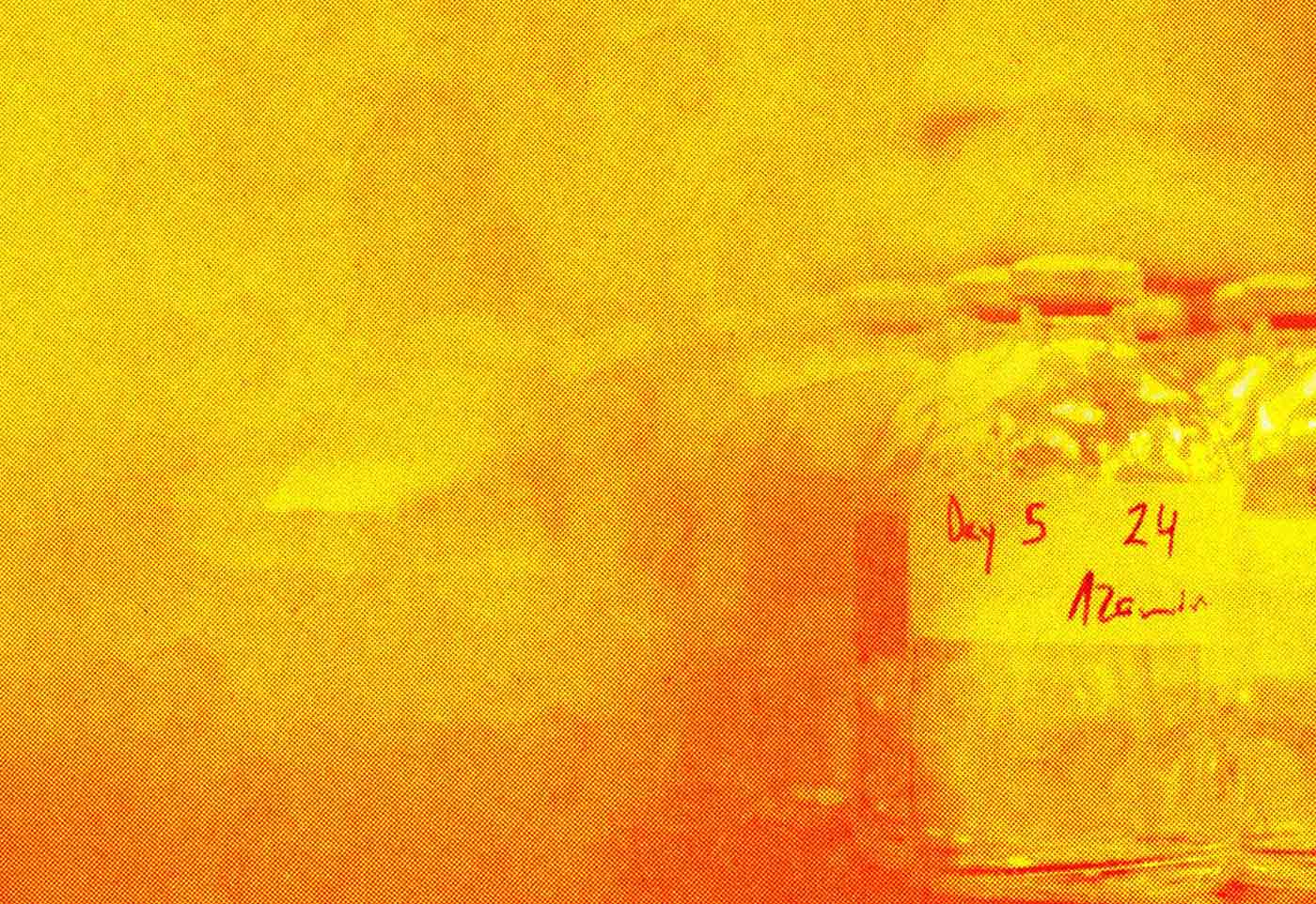Geochemistry Teaching Lab
The Geochemistry Teaching Laboratory is a shared department resource with equipment to train users in the analysis of water samples for dissolved ion and trace metal analyses, the analysis of atmospheric gases, and the digestion of solid materials (i.e., soil, rock, bone, shell) for the analysis of trace metals in solution. Additional capabilities are also possible.
Lab Coordinator: Dr. Maggie Chen
Instrumentation in the Geochemistry Teaching Classroom
Inductively Coupled Plasma – Optical Emission Spectrometer (ICP-OES)
Thermo Scientific iCAP7400 DUO Inductively Coupled Plasma – Optical Emission Spectrometer (ICP-OES) with integrated Teledyne CETAC ASX-560 autosampler and Qtegra software, and mobile computer station.
Applications
- Trace metal analysis from liquids
- Satisfies US EPA SW-846 Method 6010D, as well as other methods
Sample Types
- Filtered water samples (groundwater, surface water; ocean water)
- Digested soil, rock, sludge, ash powders
High Pressure Ion Chromatography (HPIC)
Thermo Scientific Dionex Integrion High Pressure Ion Chromatography (HPIC) System with eluent generation and degassing, conductivity detector, Chromeleon software, integrated autosampler, and wireless control.
Applications
- Wide-range of inorganic and organic ion analyses
- Satisfies US EPA method 300.0.1
Sample Types
- Filtered water samples
Gas Chromatography Systems with flame ionization detector (FID)
SRI Instruments 8610C Gas Chromatography Systems with flame ionization detector (FID), electron capture detector (ECD), methanizer accessory, and PeakSimple software with touchscreen computer control, as well as another SRI Instruments 8610C Gas Chromatography System with FID, flame photometric detector (FPD), FID/FPD with methanizer, and a thermal conductivity detector (TCD). Both systems run using high purity carrier grade H2 gas, produced by a Parker Hanninfin H2PEM-100 Hydrogen Generator.
Applications
- Greenhouse gases (CO2, CH4, N2O), hydrocarbons, CO, and electronegative (chlorinated, fluorinated, and brominated) compounds
Sample Types
- Gases
- Volatile compounds in headspace
*One of the GCs was purchased with funds provided through the Institute for a Secure & Sustainable Environment (ISSE).
UV-Vis Spectrophotometer
Thermo Scientific NanoDrop One/One UV-Vis Spectrophotometer, for sample analysis in a droplet or cuvette, with touchscreen and wifi control.
Applications
- Colorimetric analyses and assays, optical density, and nucleic acids, proteins, and contaminants analyses
Sample Types
- Solutions
Additional Instruments
Smaller instruments are also available, including a Mettler Toledo Analytical Balance, Fisher Scientific IsoTemp drying (and heating) oven (forced air convection), Thermo Scientific Thermolyne benchtop muffle furnace, Thermo Scientific Barnstead E-PURE system (series 1090) to convert tap water into Type 1 ultrapure (18.2 megohm) water, hot/stir plates, pH/temperature benchtop meters, air quality meters (for VOCs, CO, CO2), microburets, benchtop centrifuge, flammable refrigerator, incubator, pipettes, glassware, plasticware, and Teflon-ware, porcelain crucibles, disposable supplies, PPE, and field sampling supplies.
Applications
- Various liquid, solid, gas analyses, including physiochemical characterization, solids digestion, centrifugation, and sample collection
General use chemicals
General use chemicals are also available in the laboratory for courses, such as pH buffers, calibration standards, nitric acid, etc. However, non-course users and researchers should supply their own chemicals, including standards, for their work.
Geochemistry Classroom Project Examples
- Effects of outdoor rock climbing on the geochemical composition of cliff soils
- Influence of urban runoff contamination on water quality of a public spring in Knoxville
- Trace metal analysis of acidic volcanic hydrothermal systems
- Texture and clay mineralogy of Ag Research and Education Center soils
- ICP-OES analysis of trace metal distribution across the Cordillera Blanca Shear Zone
- Historical comparison of groundwater from Area 2 in the Y-12 National Security Complex
- Trace element incorporation in Echinometra lucunter
- Major ion chemistry changes during extracellular enzyme degradation experiments
Who can use the lab?
Individual laboratory sessions and periodically offered courses provide experiential training to undergraduate and graduate students in the use of the classroom instrumentation and in theoretical and applied geochemical methods. Outside of traditional courses, instruments in the classroom and the space are available for students and/or faculty and staff who would like to conduct independent research and have received the appropriate training.
All users are required to have recently completed Laboratory Safety Training, provided by Environmental Health and Safety, and site-specific training. Students also receive site-specific training as part of a University Registered Course. Depending on the type of research to be conducted, training could take several days, to weeks, to over a month, and proficiency in any of the analytical methods and equipment use, as well as proper data analysis, could take several months.
There is no technical staff support for this teaching laboratory and no turn-key analyses are available. If analytical services are needed, then people should contact the University of Tennessee’s Water Quality Core Facility (WQCF).

Geochemistry Teaching Laboratory Reservations
The lab is available for collaborative use through a reservation system. Prospective users should inquire with Dr. Maggie Chen.